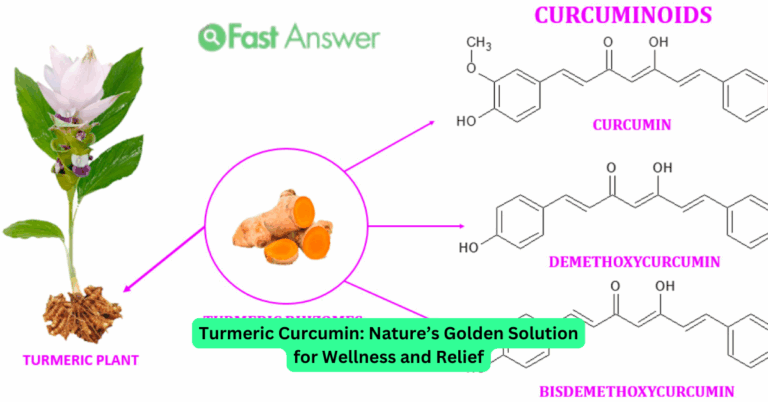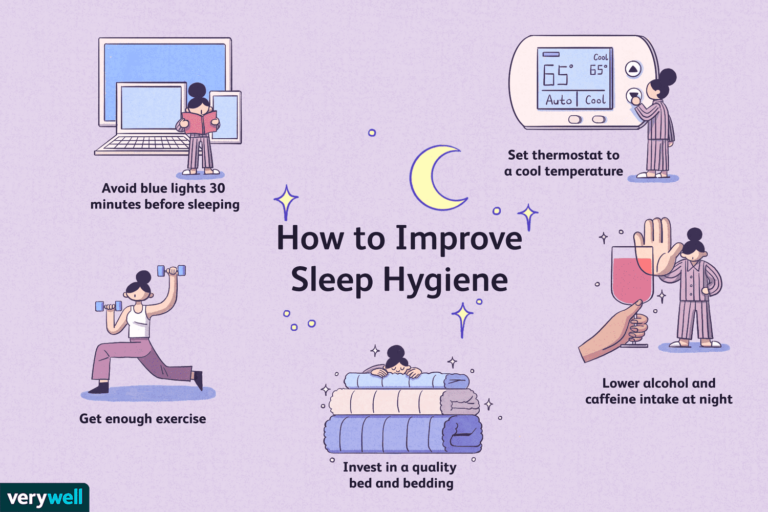Health Screening Tests by Age Group: Essential Checkups for Every Stage of Life
Health screening tests are crucial for early detection of potential health issues, allowing individuals to take preventive measures and manage their health more effectively. As we age, our health needs evolve, and so do the recommended screening tests to ensure that we stay on top of any developing conditions. From adolescence to adulthood, each stage of life comes with specific screenings designed to detect diseases early, when they are most treatable. In this article, we’ll break down the essential health screening tests by age group, ensuring that you’re well-informed and empowered to make the best decisions for your health.
Health Screenings for Young Adults (Ages 18–29): Building a Strong Foundation
For young adults, health screening tests focus on establishing a foundation for long-term health and wellness. Although you may feel young and healthy, this is the best time to begin tracking key health metrics and detecting any early signs of illness. Key tests for this age group include:
- Blood Pressure Check: It’s important to monitor blood pressure, as high blood pressure (hypertension) can develop silently, leading to cardiovascular problems later in life.
- Cholesterol Test: Starting cholesterol screenings in your 20s is vital, especially if you have a family history of heart disease.
- Sexual Health Screenings: Regular screenings for sexually transmitted infections (STIs) are essential for sexually active individuals to prevent the spread of infections.
- Skin Checks: Regular skin checks for signs of skin cancer are especially important for individuals with fair skin or a family history of skin cancer.
These screenings are designed to catch potential issues early and set healthy habits in motion for the future.
Health Screenings for Adults (Ages 30–39): Staying Ahead of Potential Risks
During your 30s, you may start to experience some changes in your health that require more focused attention. It’s an ideal time to implement more comprehensive screenings, as conditions like diabetes, high cholesterol, and early heart disease can begin to develop in your 30s. Essential tests for adults in this age group include:
- Blood Pressure Monitoring: As you age, the risk for hypertension increases, so regular blood pressure checks are key.
- Cholesterol Levels: Annual cholesterol checks become more critical as cholesterol levels tend to rise with age.
- Diabetes Screening: If you’re overweight, inactive, or have a family history of diabetes, consider getting tested for type 2 diabetes. A fasting blood glucose test or A1C test can help detect early signs of diabetes.
- Cancer Screenings: Women should begin regular screenings for cervical cancer with a Pap smear and HPV test, while men may need prostate exams if there is a family history of prostate cancer.
By catching potential issues early, you can take proactive steps toward prevention and better health in the coming decades.
Health Screenings for Middle-Aged Adults (Ages 40–49): Addressing Growing Health Concerns
In your 40s, it’s important to ramp up health screenings as the risk for chronic conditions increases. Cardiovascular disease, certain cancers, and joint problems are all common health concerns during this decade. Key screenings for those in their 40s include:
- Colonoscopy: Begin screening for colorectal cancer starting at age 45 (earlier if you have a family history). A colonoscopy is the gold standard for detecting polyps and early-stage cancer.
- Breast Cancer Screening (for women): Mammograms are recommended for women in their 40s to detect early signs of breast cancer.
- Prostate Cancer Screening (for men): A prostate-specific antigen (PSA) test is commonly recommended for men over 45, especially those with a family history of prostate cancer.
- Vision and Hearing Tests: Regular eye exams and hearing checks are recommended as vision and hearing issues become more common in middle age.
Taking these tests in your 40s can lead to early detection, better treatment options, and a healthier future.
Health Screenings for Older Adults (Ages 50–64): Preventing and Managing Chronic Conditions
When you reach your 50s, it’s time to focus on screenings that target age-related diseases and conditions. As the risk for chronic diseases like heart disease, diabetes, and cancer increases, regular screenings are vital for early intervention and disease management. Key tests for this age group include:
- Cardiovascular Health: Regular screenings for heart disease, including blood pressure checks, cholesterol levels, and EKGs, are recommended to monitor your cardiovascular health.
- Osteoporosis Screening: Bone density tests are crucial for women starting at age 50, especially if they’re postmenopausal, to prevent fractures and manage osteoporosis.
- Diabetes Screening: Regular blood sugar tests are important to catch any early signs of diabetes and to manage blood glucose levels.
- Colon Cancer Screening: Colonoscopies or stool-based tests for colorectal cancer are necessary for early detection. Screening typically continues every 10 years, depending on results.
Staying proactive with these screenings allows for early detection and better management of chronic conditions that become more prevalent in the 50s and beyond.
Health Screenings for Seniors (Ages 65+): Focus on Maintenance and Quality of Life
For individuals over 65, health screenings become even more critical as the risk for multiple health issues escalates. These screenings are focused on maintaining quality of life, managing chronic conditions, and preventing further health complications. Important screenings for seniors include:
- Vision and Eye Health: Regular eye exams are essential, especially for detecting conditions like macular degeneration, cataracts, and glaucoma.
- Hearing Tests: Regular hearing screenings are recommended as hearing loss is common in older adults.
- Memory and Cognitive Screening: Cognitive assessments can help detect early signs of dementia or Alzheimer’s disease, allowing for early intervention.
- Immunizations: Flu, pneumonia, and shingles vaccines are crucial in preventing illness in older adults whose immune systems may not be as robust.
Regular screenings and preventive care are essential in your 60s and beyond to stay healthy, active, and maintain independence.
FAQs
- At what age should I start getting regular health screenings? Health screenings should start in your 20s, with basic tests like blood pressure and cholesterol. More comprehensive screenings typically begin in your 40s.
- What health screenings are recommended for women in their 40s? Women should start mammograms, cervical cancer screenings, and continue regular cholesterol and blood pressure checks.
- How often should I get a colonoscopy? Colonoscopies are generally recommended starting at age 45, with follow-up every 10 years, or more frequently depending on your risk factors.
- What screenings should men get in their 50s? Men should have prostate screenings and regular heart health checkups, including cholesterol and blood pressure monitoring.
- Why are cognitive screenings important for seniors? Cognitive screenings help detect early signs of dementia or Alzheimer’s, allowing for earlier management and interventions to maintain quality of life.

